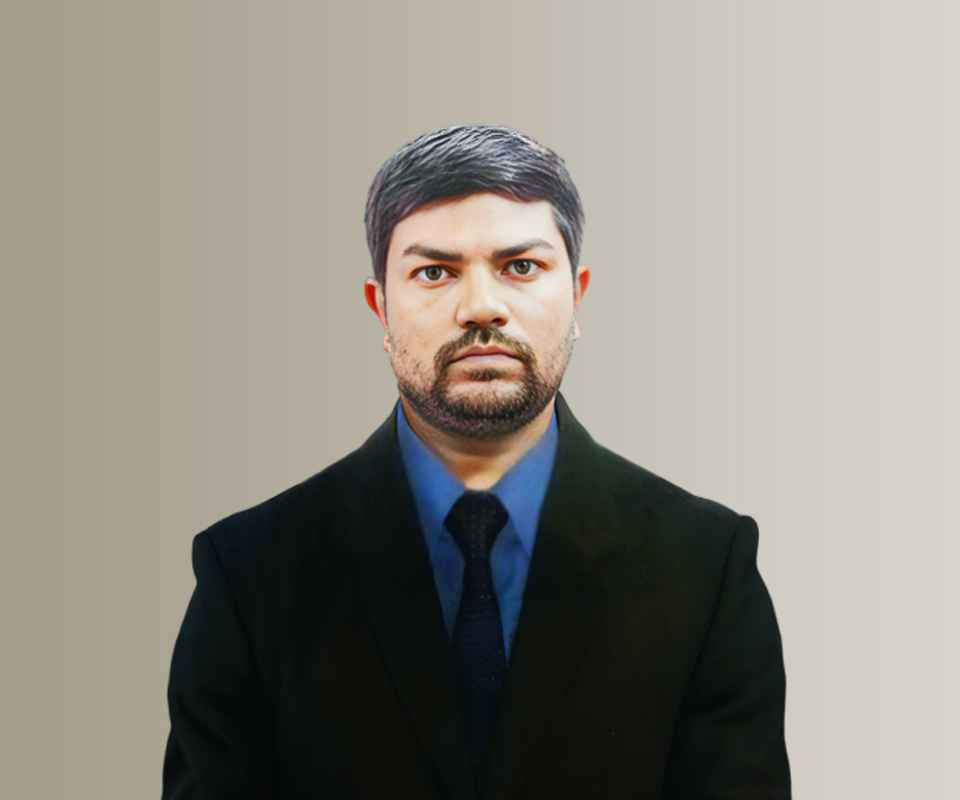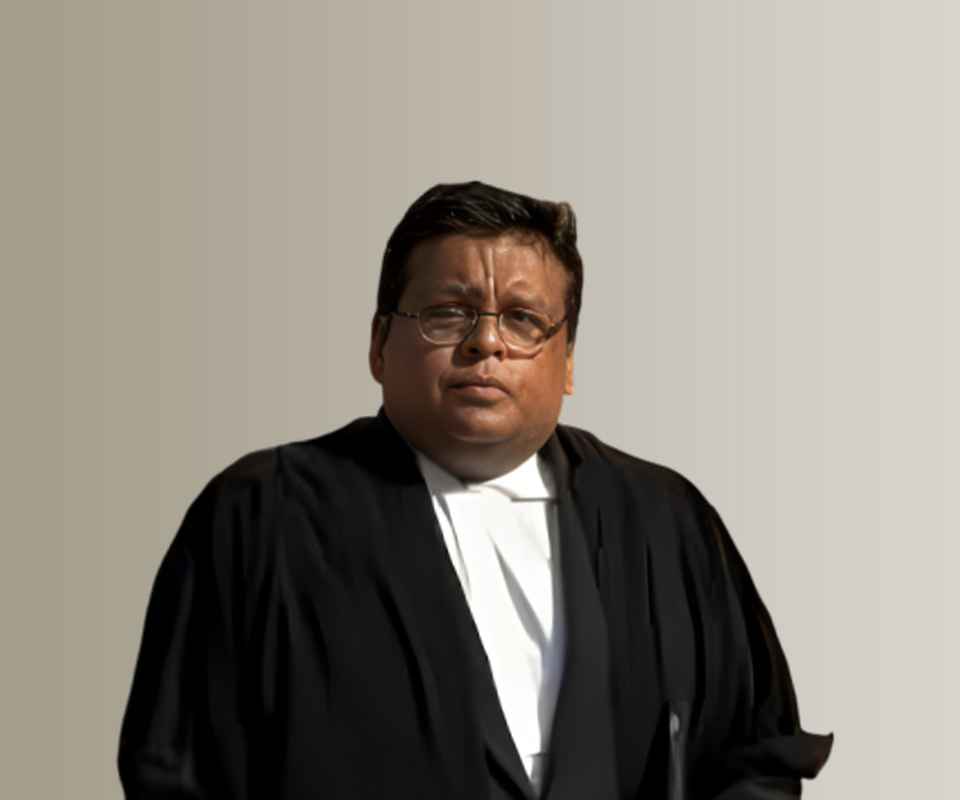Answer By law4u team
A dishonorable discharge (DD) is the most severe form of discharge in the military, typically resulting from serious misconduct. It can have significant consequences on a veteran's eligibility for various benefits, including pensions. Understanding the impact of such a discharge on pension rights is crucial for veterans.
Impact of Dishonorable Discharge on Pension
Eligibility for Pension:
In most cases, a person who is dishonorably discharged is not eligible to receive military pension benefits. This discharge status is considered the result of actions that breach the military code of conduct or laws, which disqualifies the individual from receiving most veterans' benefits, including pensions.
Exceptions for Specific Circumstances:
In rare cases, a dishonorable discharge can be appealed or upgraded if the veteran proves that the discharge was unjust or if there were extenuating circumstances. If the discharge is upgraded to a general discharge under honorable conditions or an honorable discharge, the individual may become eligible for pensions and other benefits.
Veterans’ Benefits Denial:
Beyond pensions, a dishonorable discharge often leads to the denial of other veterans’ benefits, such as healthcare, education assistance, and VA home loans.
Appealing a Dishonorable Discharge:
Veterans who have been dishonorably discharged can request a review or upgrade of their discharge status through the Board for Correction of Military Records (BCMR) or the Discharge Review Board (DRB). The process is lengthy, and the outcome is not guaranteed, but it offers a path to reconsideration.
Other Types of Discharges and Benefits:
Other discharges, such as general discharges or other than honorable (OTH) discharges, might still allow access to limited benefits. In such cases, the pension eligibility depends on the specifics of the discharge and the reason for separation from service.
Legal Actions and Protections
Seek Legal Counsel:
A person who has been dishonorably discharged and wishes to receive a pension or benefits should consult with a lawyer who specializes in military law. A lawyer can help navigate the appeals process or advise on whether there are other options to obtain benefits.
Request an Upgrade of Discharge:
The veteran can request an upgrade of their dishonorable discharge status through the appropriate military boards. If successful, they may regain eligibility for benefits like pensions.
File a Claim with the Department of Veterans Affairs (VA):
Even if the discharge is dishonorable, it may still be worth filing a claim with the VA for other forms of assistance, such as healthcare or rehabilitation. Some benefits may be granted on a case-by-case basis.
Example:
If a veteran is dishonorably discharged due to misconduct, such as a criminal conviction while in service, they would not typically be eligible for a pension. However, if they later appeal and the Board for Correction of Military Records determines that the discharge was harsh or unjust, they may have the discharge status upgraded to honorable or general, thereby becoming eligible for pension and other benefits.







